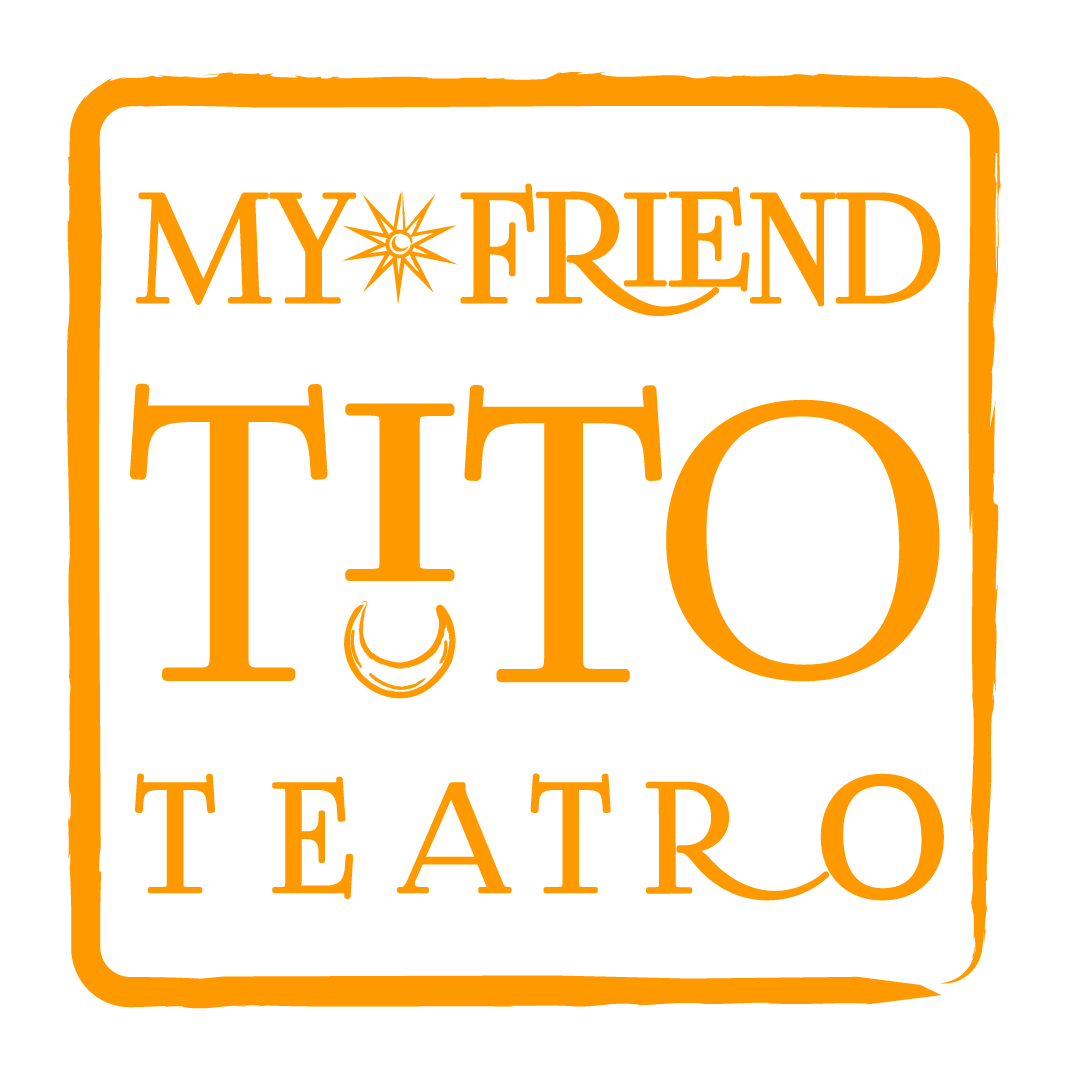Henry retired his angel wings pre-adulthood. Finding a passion for collecting and recycling rubbish, his wings were a hindrance, so he amputated them and transformed them into a kite. It was the best kite in his neighbourhood.
Henry enjoyed constructing and flying kites. He could knock up a kite with as little as an A4 sheet of paper. His house was tucked underneath the edge of a cliff, directly below the flight path of aeroplanes entering Bogota International Airport. One day the Pope John Paul the Second flew over in one of those planes, and from that day forward, the neighbourhood has been known as such: Juan Pablo Segundo.
Although it had it problems with substance abusers and thieves, it was over all a tranquil place for a recycler to make a living. Every morning, I would meet with Henry in the plaza to talk. Everyday the conversation began the same: “Why would anyone want to throw away this Tito?” And he would pull out the latest discovery from his sack. I would look over the product, hand it back to him, and shrug my shoulders. “It´s in perfect condition, all it needs is a bit of clean. Do you want it?” And i would say “No Henry, I am sure there is someone that will be able to enjoy it more that me” and Henry would shrug his shoulders and put it back in the sack, and we would both scan the plaza silently looking for something else to say.
There was a monument in the plaza of a kite in flight. It was built in remembrance of 15 community members who were killed as part of a process known as “social cleansing”. If you were deemed inutile to society, you were simply “cleansed” away.
Most days, the plaza was occupied by children playing soccer. Henry had given them the ball. On Sundays a Rastafarian would come with a backpack of colourful wools, and he would patiently teach the children macramé. “Is this wool any good for you?” Henry asked him “If you can use it, it´s yours”. Although he no longer had his wings, Henry´s angelic nature found families for the abandoned. And in Juan Pablo Segundo there were lots of abandoned persons waiting in the plaza for something to say to someone that would listen.
One man approached me one day, holding a bowling ball. “Can you hold on to this for me for a tic, its not heavy”. I took it off his hands and it almost fell on my foot, had it not been for the rope attached to it that was tied to a pole that he held in his hand. Chuckling to himself at my expense, he said “check this out” and swung the bowling ball like a pendulum and then launched it skywards, and caught it on the end of the pole in the finger hole. WOW! He stood there grinning from ear to ear with pride. He was definitely the only person that most people knew that could do such a trick. In Juan Pablo Segundo you could get away with being a one trick pony.
Another man called me over once, offering me a drink of aguadiente. He asked me if I liked music. And then he began to ask me if I liked so and so singer, and from his long list of names, I knew none of them. It turned out that he impersonated all the singers he had listed, but as I knew none of them, it spoiled the whole conversation.
Surrounding the plaza were different businesses. One night while playing soccer with some kids, we entered one of the businesses to get a drink. Inside the shop there was a game with steel open mouthed frogs on it. The game consisted of throwing discs from a distance towards the table which had six holes and three frogs with mouths agape. The idea was that the discs would fall in the holes and then they filtered down into pigeon holes which were worth varying points. The game was brilliant and charged with emotion.
There was another game which I never played, which consisted of throwing heavy weights towards a pile of mud which was loaded with gun caps, the idea was to land the weight on the gun cap and make an explosion. It was like explosive airborne lawn bowls. But it seemed that you had to consume at least a case of beer to be eligible to play.
During my week in Juan Pablo Segundo, the community came together to assist in our alimentation. Each night we would visit local businesses to pick up donations which would be used for the following day´s meals. One day while on the bus, a beggar boarded and began his begging speech with “Good Morning” and the majority of the bus passengers responded “Good Morning”. This simple recognition was simply lovely.
On the final night, Henry donated a load of firewood he had collected and they made a fire in the plaza. On the fire they brewed up “Cañalazo” (i think that was what it was called). Aguadiente (alcohol), panela (raw sugar) and agua (water). It was a sweet and warm drink to remedy the chilly and windy Bogota nights. Henry invited me to his house that night. He showed me some of things he had found over the years. The most impressive was $100 bill. He had it folded away. It wasn´t for spending or changing into Colombian pesos. It was worth something else for Henry. And as i sat silently on a trunk in his patio, Henry flew that $100 bill kite and smiled.
